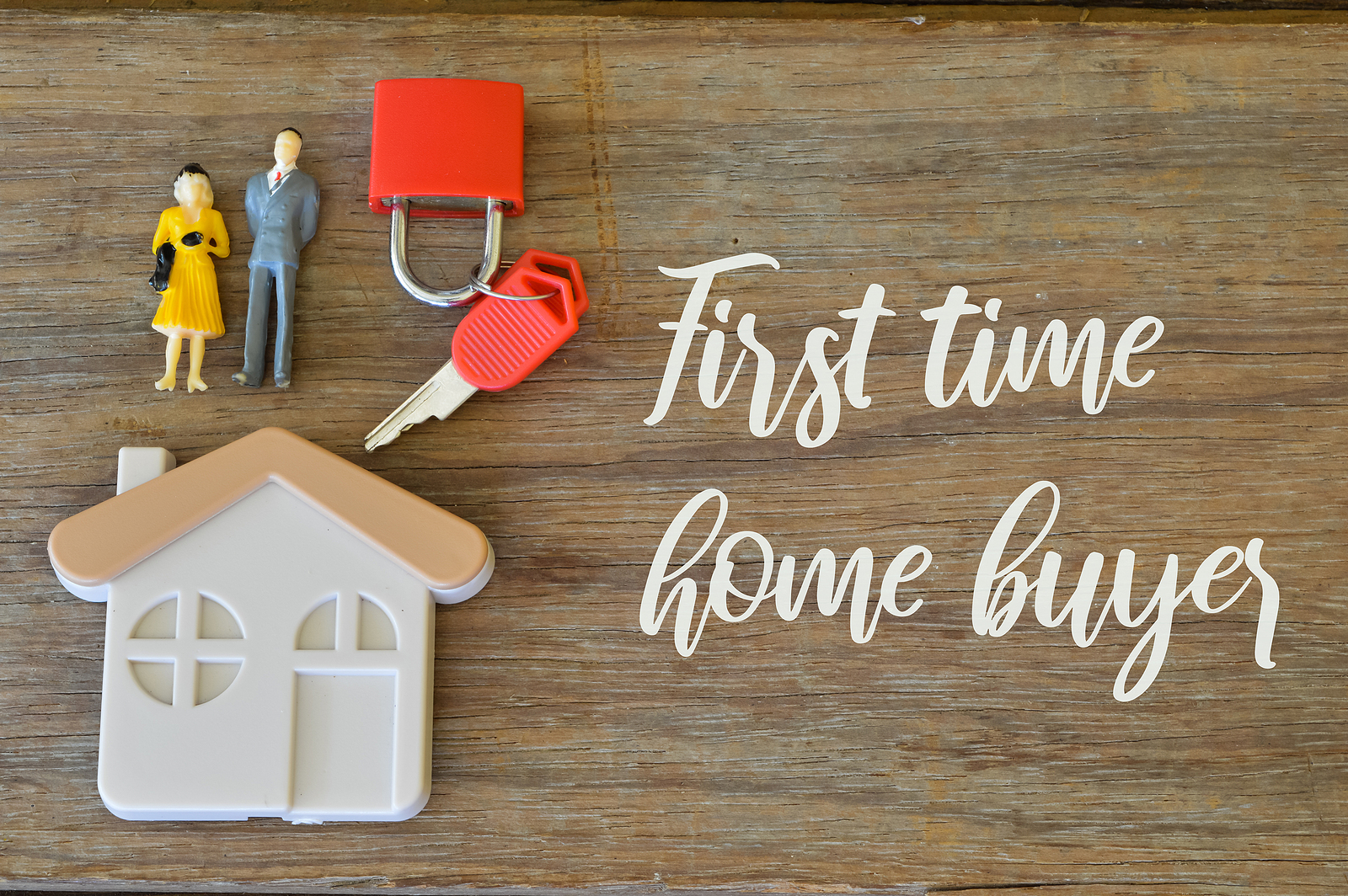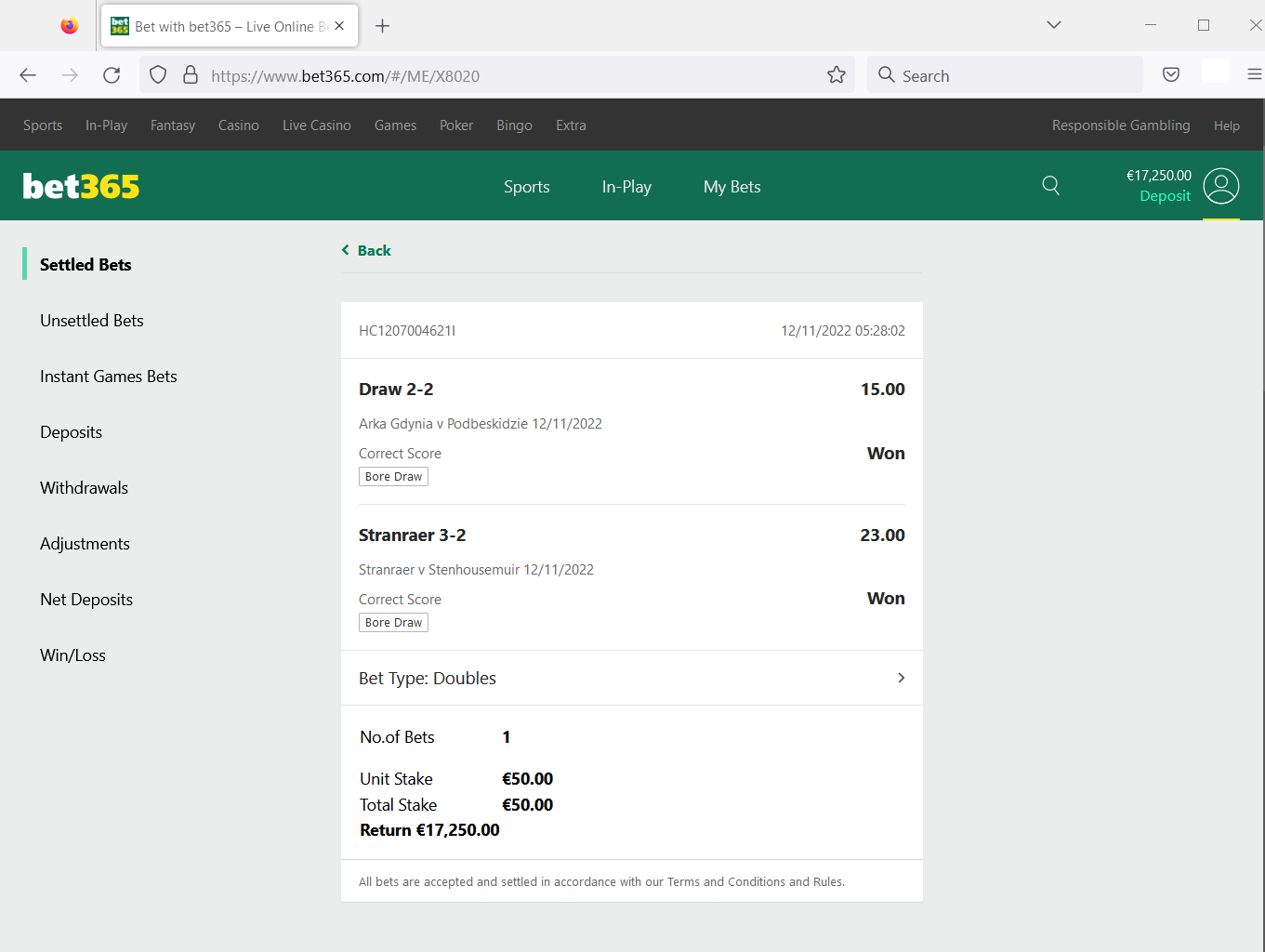Buying a home often signifies more than just financial expenditure; it encapsulates the aspirations of stability, identity, and personal growth. For many, it embodies the quintessential American Dream. But beyond the brick and mortar, what does buying a home denote within various dimensions—spiritual, psychological, and symbolic? This exploration reveals enchanting interpretations that resonate with the cloak-and-dagger nuances of dreams and personal consciousness.
First, let’s delve into the dream meaning of buying a home. Dreams are often laden with meanings that defy the entropy of our waking lives. A house in a dream can represent the self—its various rooms symbolizing different aspects of one’s personality. Therefore, to dream of purchasing a home may indicate a quest for self-actualization or a significant transition. It is as though the subconscious is nudging you towards introspection and self-discovery. Unpacking this, if the house is in impeccable condition, it might suggest a harmonious future or acceptance of oneself. Conversely, if the home appears dilapidated or uninviting, it could be a call to address unresolved issues within oneself. Dreams about acquiring a home can also be linked to feelings of safety and security—the foundation upon which we build our lives.
Turning to a more abstract facet, let’s examine the syllogism of home ownership. If owning a home is fundamentally linked to stability, and stability is commonly perceived as a cornerstone of happiness, then acquiring a home can be logically construed as a pathway to personal contentment. This syllogistic relationship posits that the pursuit of home ownership transcends material desires; it is a profound assertion of one’s place in the world. It invites an examination of ownership not merely as a financial investment but as an emotional and psychological refuge.
The symbolic meanings attached to homeownership are also multifarious. Across various cultures, houses symbolize the sanctuary of the spirit. In Christianity, a home is often regarded as a manifestation of divine blessings, a reward for faithfulness and perseverance. The Bible frequently uses the metaphor of a house to indicate shelter from life’s tempests, representing God’s care and provision. For instance, in Psalm 127:1, it states, “Unless the Lord builds the house, the builders labor in vain.” This verse underscores the spiritual connotation: acquiring a home becomes a testament of faith, a covenant with divine promises. In a similar vein, Islamic teachings regard home ownership with great esteem; it is viewed not merely as a goal, but as part of an ethical lifestyle where one can fulfill duties towards family and community. A home, therefore, becomes a sacred space—enabling the practice of hospitality and offering a refuge for the weary.
While spiritual dimensions illuminate the deeper relevance of home ownership, exploring its psychological meaning reveals a complex tapestry of emotional conditions. Psychologically, purchasing a home often taps into the foundational Maslow’s hierarchy of needs, where the basic requirement for shelter evolves into a desire for belonging and esteem. The act of buying a home can be a cathartic experience, enabling individuals to develop a sense of permanence and identity. Whether it is a minimalist apartment or a sprawling estate, the kind of home that one seeks often reflects their aspirations, fantasies, and even anxieties.
Interestingly, the process of acquiring property is frequently considered a rite of passage. For many young adults today, it marks a transition from adolescence into adulthood—a voyage filled with emotional vicissitudes. Navigating through market fluctuations, mortgage approvals, and interior design choices can evoke stress, yet this arduous journey simultaneously cultivates resilience and determination. The home, thus, is not merely a physical space but also a launchpad for self-discovery, where dreams incubate, and life experiences unfurl.
Furthermore, in the context of young people today, buying a home is often intertwined with cultural and societal pressures. The stereotypical narrative persists: “owning a home signifies you’ve made it.” This external validation can impact one’s mental health, leading to an unease that becomes compounded within a generation grappling with economic precarity. Therefore, understanding the psychological implications is crucial; it evolves beyond materialism and touches upon the intrinsic need for acceptance and validation.
In conclusion, the act of buying a home serves as a multidimensional metaphor for security, aspiration, and personal growth. Across cultures and belief systems, its implications transcend mere ownership, inviting reflections on life’s journey—from self-exploration to spiritual fulfillment. It interlaces our dreams with our realities, blending our aspirations with the tangible. Ultimately, whether you view it through the lens of spirituality, psychology, or symbolism, the quest for a home remains an indelible part of the human experience, worthy of exploration and contemplation.













